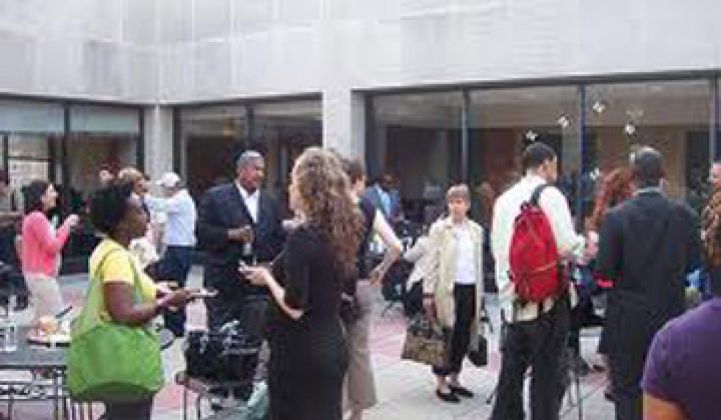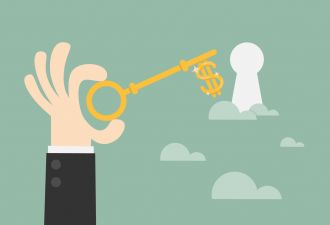Given what happened during last year's mid-term elections, there's lots of talk about climate change legislation being a non-starter this year. Still, the world spins on, and the UN recently came out with a report warning that "continued failure to tackle climate change was putting at risk decades of progress in improving the lives of the world's poorest people." As we all know, in our increasingly global economy, this isn't just "their" issue; it's our issue, and it is just one of many related to climate change.
What to do when our politicians throw in the towel? Well, as American consumers, we can do a lot. We voted with our pencils November 2, but we vote everyday with our dollars. Though exact numbers vary on the aggregate dollar amount of discretionary consumer spending (aka "pocketbook spending"), even conservative estimates place it at 30% of GDP (around $4.3 trillion, according to BusinessWeek). We don't always think about each and every one of those 4,300,000,000,000 dollars as a choice and a vote in support of the way the products and services we spend our money on are produced and delivered to us -- but we need to.
So, how are we voting? I won't use this space to get into the politics or science of climate change, or the adverse health impact and other negative externalities associated with negative products and services. Instead, I'll say this: it's my humble opinion that one effective way to address these issues is to change the way we vote with our dollars. When you consider the size of our voting block, consumers have some real power, and generally speaking (forgive me, economists!), in a capitalistic economy supply follows demand.
If we demand with our dollars more sustainable products and services, I'm willing to bet supply will follow. And when, as an economy, we shift towards sustainable products and services, many of the serious issues caused or exacerbated by the negative externalities of current practices will slowly but surely become more manageable. In plain English: businesses respond to consumer demand.
Coca-Cola tried out "New Coke" and then switched right back after people didn’t like it. Car companies did an about-face on fuel-efficiency over the course of a single model year (despite decades of lobbying from environmental groups) because gas prices were high and consumers demanded better MPG. The list goes on, but the conclusion is simple: we, as consumers, have a lot of power. Businesses just want to maximize profits -- and we can make it profitable for them to be more sustainable.
Everyone knows there's no magic bullet to address climate change. If we do successfully meet the challenge, it will be because of countless efforts, from innovation to policy (yes, even if we can't pass anything at the congressional level). But what we can all do right now is play our part in showing Congress and our children that this is an issue that really matters by being conscious of what we buy. Now, get out there and vote.
***
Sundeep Ahuja is the founder of blissmo, a mission-driven company seeking to address issues like climate change by shifting consumption towards sustainable products using Groupon-style promotions . Previously, he co-founded Sparked and richrelevance, and is an Advisor to several companies including Kiva.org and Change.org.



